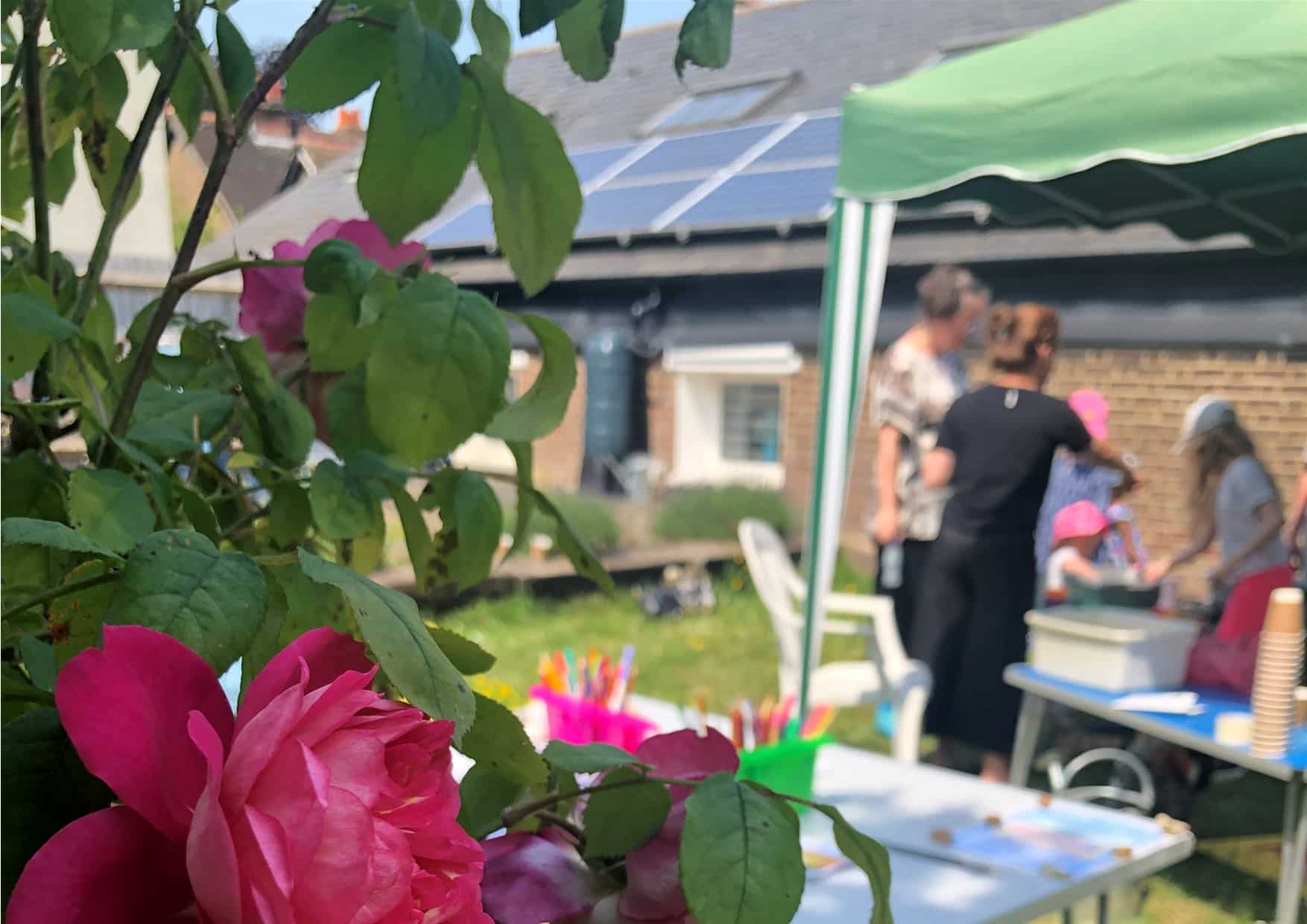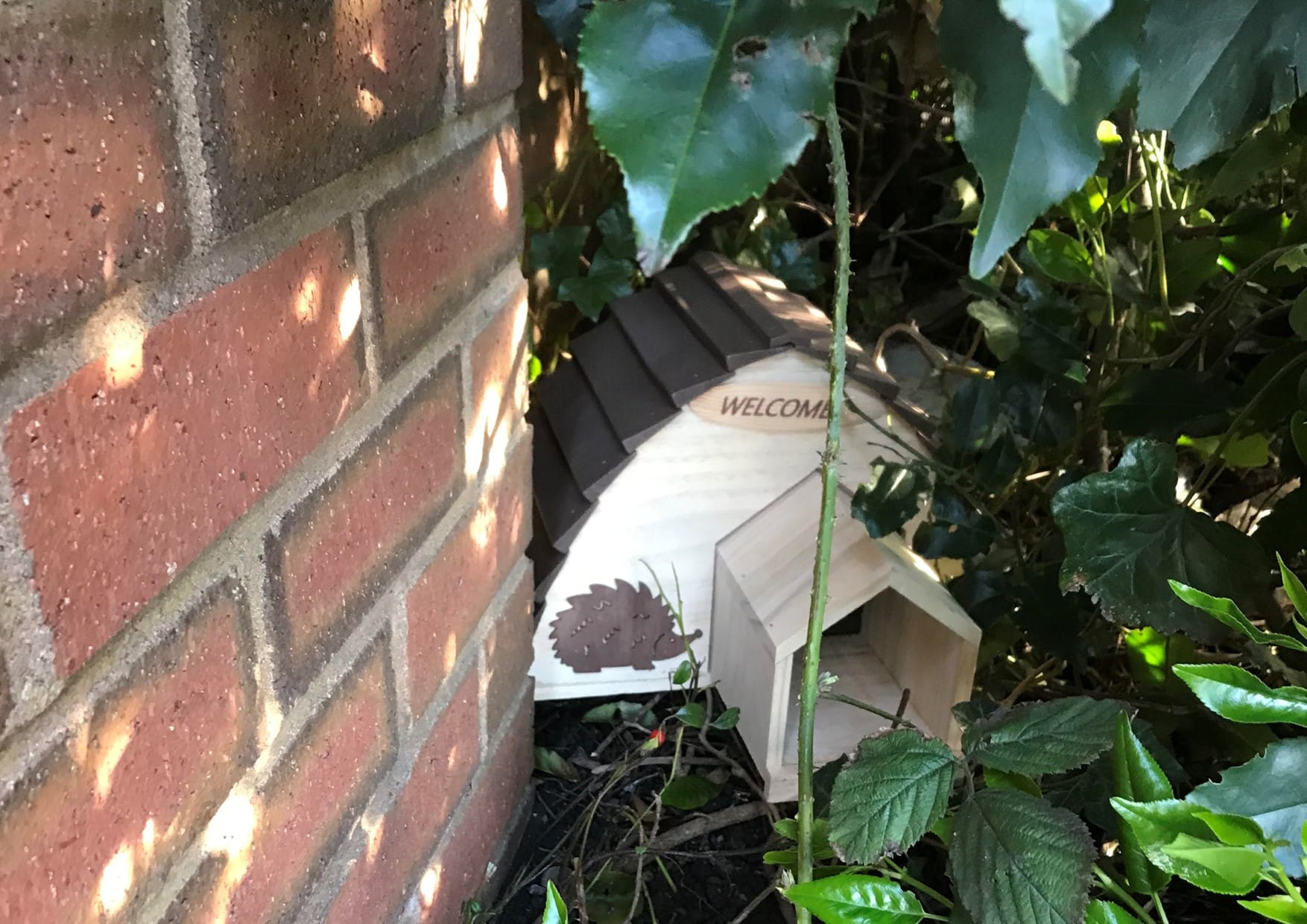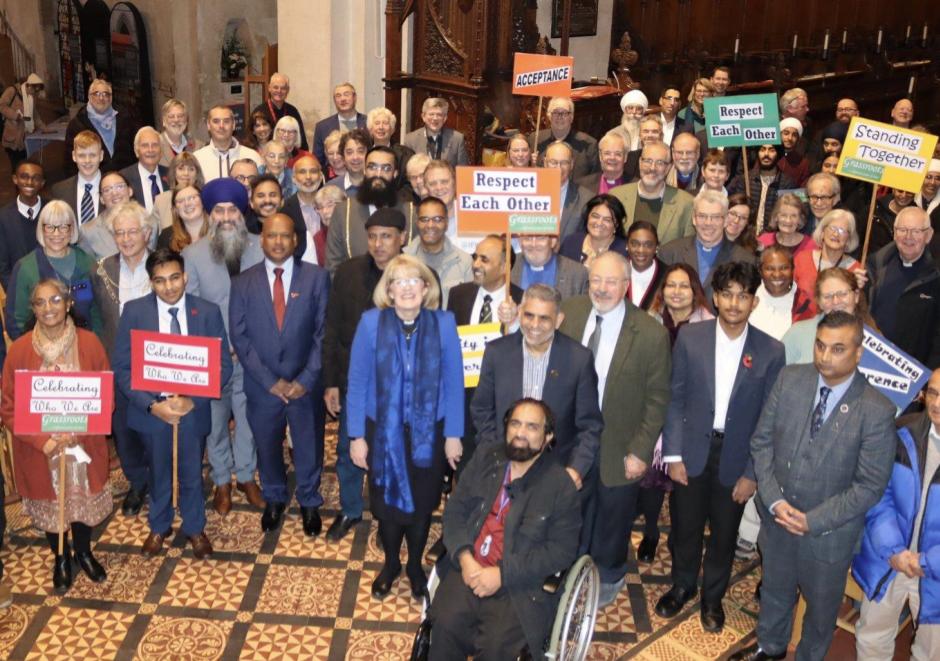Denominational Awards are available for regional groups of churches to recognise their progress toward caring for God’s creation.
The denominational awards provide a structure, like Eco Church, to bring together communities across the diocese, circuit, district or synod to work collectively. Denominational Awards are part of the Eco Church project of A Rocha UK, a Christian charity working to protect and restore the natural world and committed to equipping Christians and churches in the UK to care for the environment. The Methodist Church, URC and Church of England have worked with A Rocha UK to tailor their awards for their regional groupings. To find out the details of the denominational awards please visit the relevant pages. An overview of the process and resources applicable to all denominations can be found on this page.
Register
Once you’ve registered your denominational region from the relevant page (Circuit, Diocese, District or Synod) we can keep in touch and you can share your progress toward the next award. You also need to register your regional administration center (e.g. House/Office) using the Eco Church platform.
What’s involved?
This is an overview of what’s involved in gaining your bronze award. The themes are then strengthened for silver and gold awards. Visit the denominational pages for the specific criteria for each denominational award.
Ownership
Commission an individual or group to coordinate progress within your regional group.
Regional House/Office and Land awards
Your administrative center of your regional group needs to achieve the relevant award (bronze, silver or gold) using the Eco Church scheme. You may not complete all the sections of the Eco Church survey but the buildings and land sections should be completed.
Eco Church Awards
As part of your denominational award you will need to be progressing with Eco Church awards at an individual church level. For the specific requirements for each level see the relevant denomination pages.
Policy
An environmental policy is needed to demonstrate high level commitment to creation care across the region.
Training and development
Throughout the process of the awards there is to be training for staff and volunteers around environmental issues and creation care theology.
Schools and education
Where regional groups are also responsible for schools they are encouraged to advocate for environmental issues and carbon reduction in these settings.
Carbon reduction
Denominational regions need to commit to developing a plan for carbon reduction.
Finance and investments
Denominational regions need to demonstrate ethical investments.
Collaboration
To encourage greater environmental action you are asked to promote Eco Church and collaborate with others in your region. Collaboration may reach beyond your region, across faiths or other sectors such as education or health.
Celebrating creation
To progress through the awards we expect you to promote and raise awareness of creation care and environmental issues, share resources and celebrate achievements.
Resources and information
Some of these resources and links are ecumenical, others are denomination-specific but may be of interest to all. Further resources and information are on the denominational awards pages.
Eco Circuit
For Methodist circuits to demonstrate their commitment to embedding environmental care into their churches.
Eco Diocese
For dioceses in the Church of England and the Church in Wales to support local parish churches to achieve Eco Church awards.
Eco District
For Methodist Districts to demonstrate their commitment to supporting circuits and local churches participating in Eco Church.
Eco Synod
For URC synods to visibly demonstrate their support for local URC churches to gain Eco Church awards.

Eco Church
As part of your denominational award, you will need to be progressing with Eco Church awards at an individual church level. For the specific requirements for each level see the relevant denomination pages.

Funding
Community Energy England is a community-led renewable energy organisation which has a useful page about funding opportunities.

Policy
An Environmental Policy can include a vision as well as commitments by the diocese. Oxford Diocese Environmental Policy is outlined on their website and covers background principles, a vision and their commitments.
The Diocese of Truro’s Cherish Creation, Cut Carbon and Speak Up: a diocesan vision and strategy for creation care and The Action Plan for the Environment are documents which together detail Truro’s priorities and how they will get there thus creating a robust policy framework.
Each Church of England diocese in England has a Diocesan Advisory Committee (DAC) to give advice to churches about proposals for works to their church building and churchyards. The Diocese of Durham’s DAC have a forward thinking Environmental Policy.

Land and biodiversity
Nature 2030 campaign is the largest environment and wildlife coalition in England, bringing together 80 organisations, including A Rocha UK, to use their voice for the protection of nature.
Caring for God's Acre offers advice and resources to care for burial grounds and churchyards.
Caring for creation means looking after our land for the benefit of nature and people. Progressing toward silver denominational awards requires mapping of land and developing a land management plan; the Church of England’s Managing Glebe Land for Biodiversity and Climate document can help with this. There are other excellent resources, links and webinars for churches and denominational groups on The Church of England’s environment pages.

Training
We have more links to support and training resources as part of our Eco Church survey resources.
CRES is a two-year course providing an opportunity to study rural and environmental issues from a Christian viewpoint.
Green Christian holds a number of workshops and seminars as well as resources for worship and teaching.
Centre for Alternative Technology offer a number of in-person and online courses covering a range of sustainability issues, including: renewable energy, environmentally friendly building techniques and carbon literacy.
Climate Fresk offer free 3-hour workshops for the general public run by Climate Fresk volunteers.

Schools and education
A Rocha UK has some Education Plans for primary and secondary school.
Heart for the Earth is a suite of resources for schools from the Diocese of St Alban’s to encourage schools to reflect theologically and practically on the issues of climate change. Chester Diocesan Board of Education offer videos for schools in their Decarbonisation 2024 series. Our Planet is a resource for collective worship and religious education from Norwich Diocese. Blackburn Diocese share experience of their Forest Church and school collaboration in this video.
There are various projects specific to schools which you might like to explore and encourage your schools to engage with, such as Christian Aid’s Global Neighbours, Eco Schools and Let’s Go Zero.
Creative for Climate Justice from the Climate Coalition and Spirited Arts from NATRE are opportunities for schools to engage in climate and nature through art.

Finance and investments
The Green Investment Declaration is a tool kit to enable church institutions such as dioceses, districts and synods, to not just have an impact through their investments but through speaking publicly about it. Becoming signatory to this Declaration is a clear way to demonstrate your fulfilment of this aspect of the denominational award criteria.
Further resources and information about ethical finance are the Just Money Movement including their Greener, Fairer Banking Guide, Big Bank Switch, Operation Noah, Tax Justice UK and Bank.Green.
If your church, diocese or denominational group is seeking to switch banks, please contact Just Money Movement for support.

Carbon Reduction
We recommend Climate Stewards Carbon Footprint 360 as a holistic tool for churches and individuals to measure their carbon footprint.
Historic England offers a plethora of advice and information relevant to churches and older buildings.
The National Churches Trust offers advice about building maintenance including environmental sustainability.

Collaboration
Grassroots is an example of an interfaith group in the diocese of St Albans.
Footsteps brings together faith groups in Birmingham, to respond to the challenge of moving to a low carbon future.

Celebration
Celebrations of Eco Church achievements can be a source of encouragement and learning for churches. Exeter Diocese held an Eco Church celebration at Exeter Cathedral. Leeds Diocese hosted a 2-week Exhibition of awards in Ripon Cathedral. Leicester Diocese hosted an Ecumenical Eco Church Event which included a time of worship, speakers and workshops and exhibitions from community groups. At a special service Manchester Diocese commissioned Eco Champions to launch their Eco Stepping Stones resource.
Regional groups may also choose to celebrate creation and achievements within their geographical area by sharing news on websites, social media and via other means of communication. You might consider planning events around national events such as the Season of Creation and Great Big Green Week.

